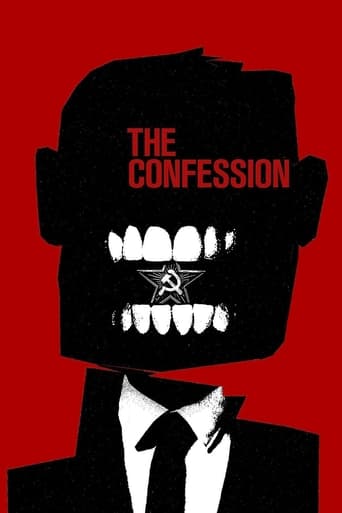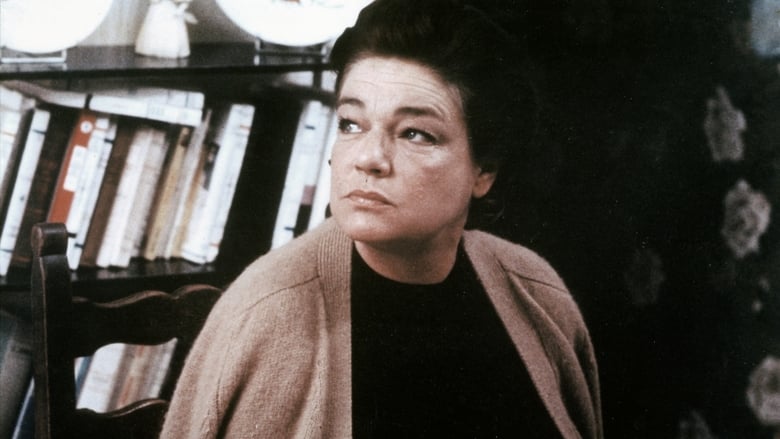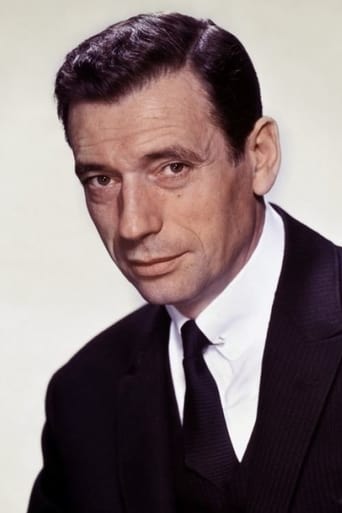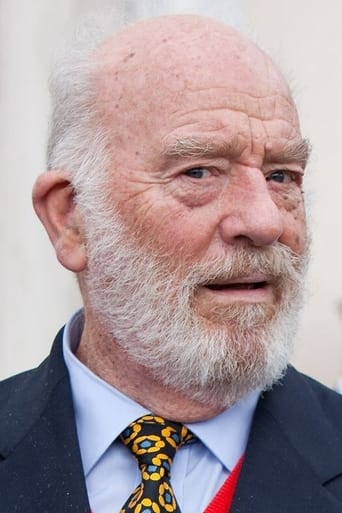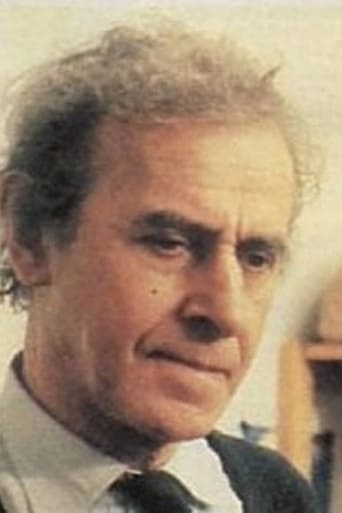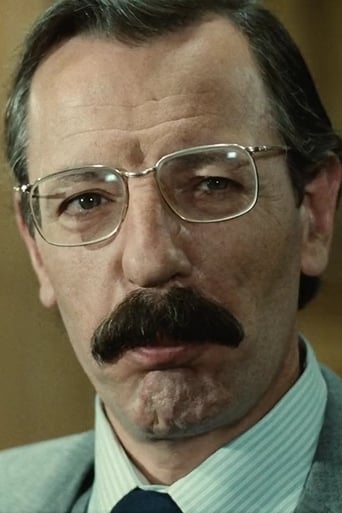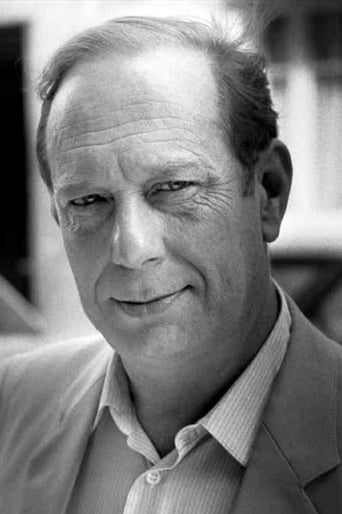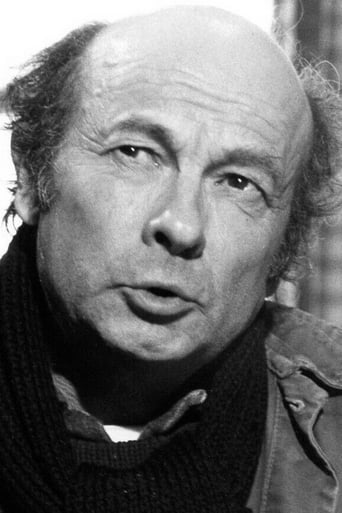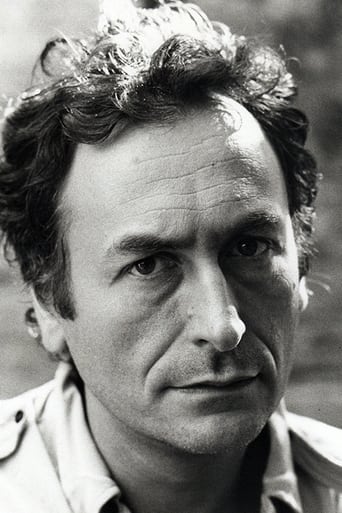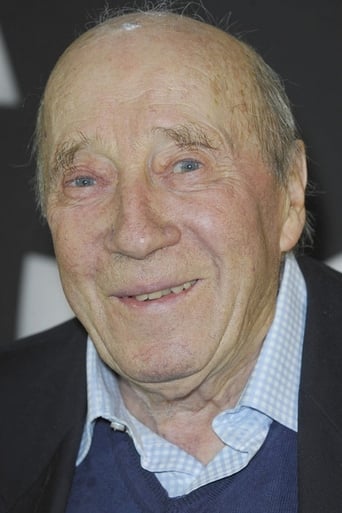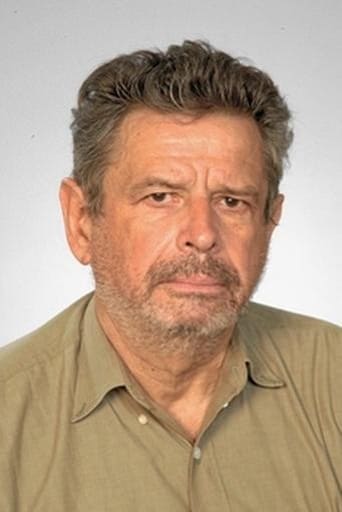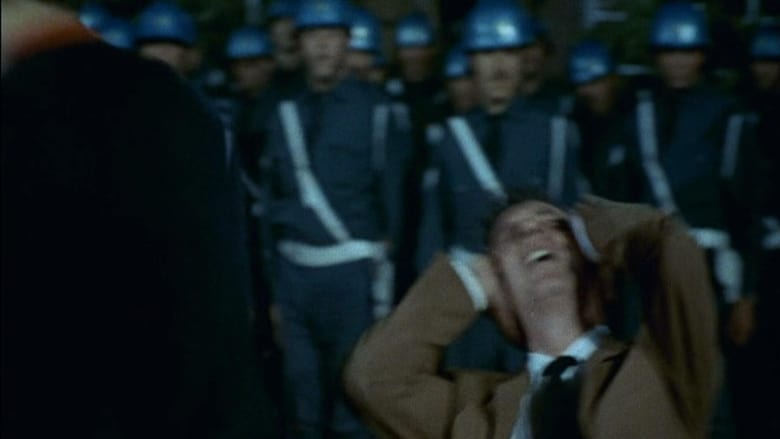The vice-minister of Foreign Affairs of Czechoslovakia, knowing he's being watched and followed, is one day arrested and put into solitary confinement by his blackmailers.


Similar titles

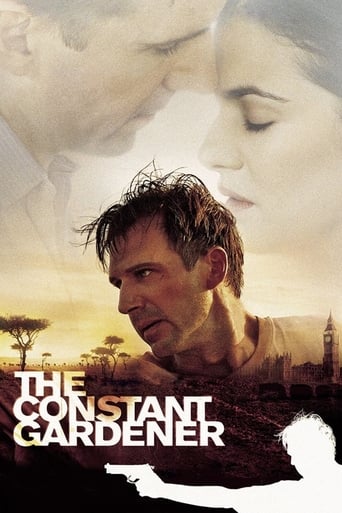
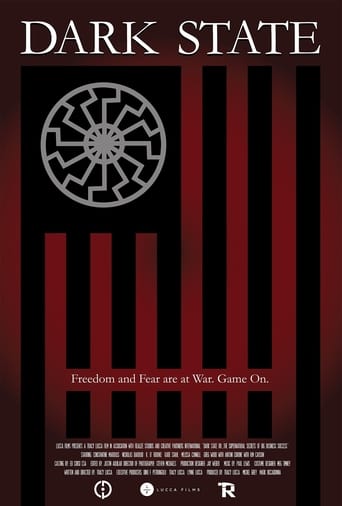
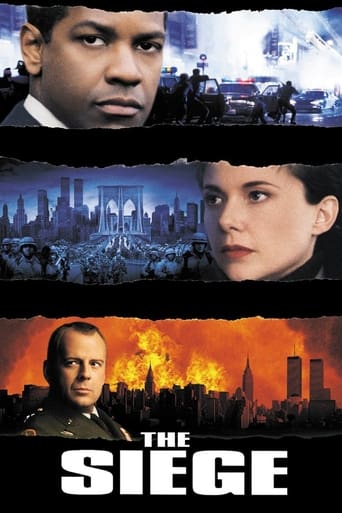
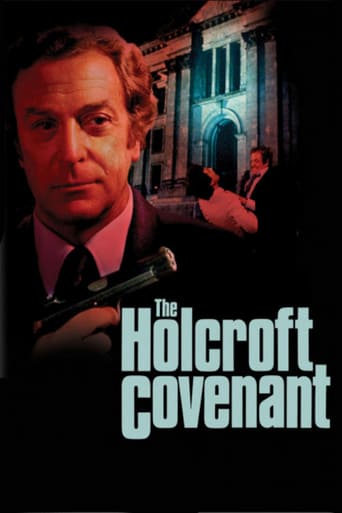
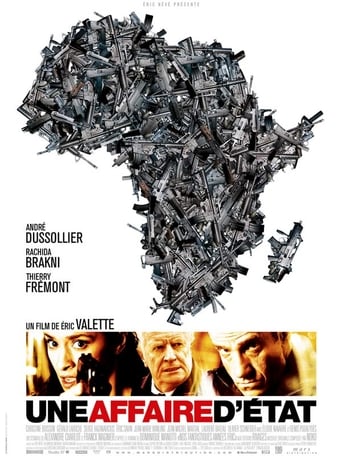
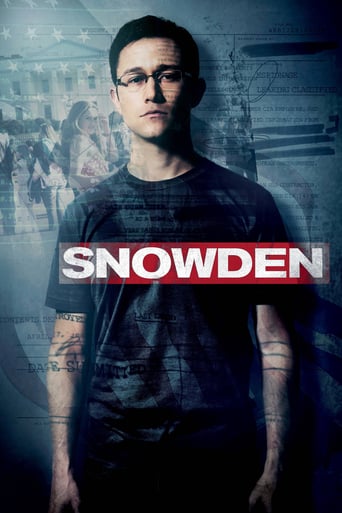
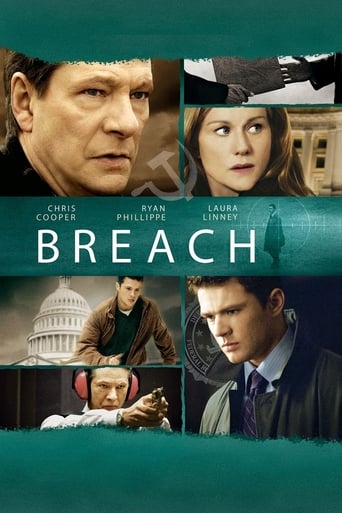
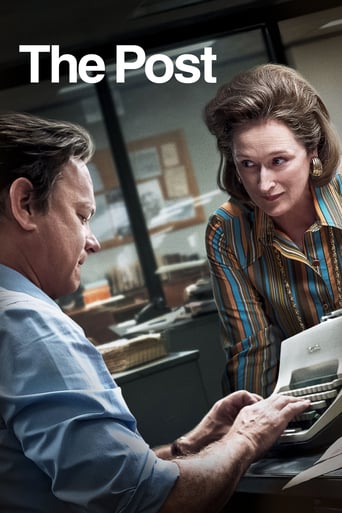
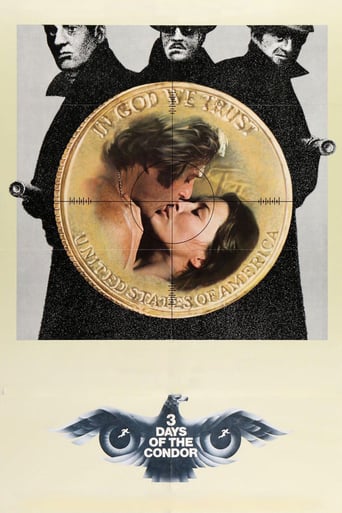
Reviews
Costa-Gavras's inflammatory masterpiece (and followup to the wildly successful Z) focuses on the plight of Artur London, the Czech diplomat dragged into the Slánský trial in 1951. He's accused of being unfaithful to the communist party (a Trotskyite!) and put through a grueling round of interrogation as faceless government goons try to exact a non-existent confession. As "A.L.," Yves Montand gives a gutsy performance, never giving in and managing to maintain his dignity. When all else fails, the government sends in cunning interrogator Gabriele Ferzetti, who finally gets Montand to crack. Their ironic final meeting is chilling. Simone Signoret plays Montand's highly practical wife. Jorge Semprún wrote the bare bones script and the stunning cinematography is by Raoul Coutard.
In "L'Aveau" Costa-Gavras breaks at once and for all in defending one political ideology and attacking the other, like he did in "Z". This time he goes to show that both sides have their problematic aspects, they all make severe mistakes, we can't know which was good and which was bad. The bottom of line is that both with capitalism and communism someone decent always had to pay the prize for trying to do the right thing.Yves Montand plays the victim once again (murdered in "Z" and arrested by militants in "Etat de Siege" closing the combative Gavras political trilogy, "Missing" goes as an addendum, made years later after those films), a Czech and Communist vice-minister who'll be arrested and suffer on the hands of other members of the party who consider him a traitor of their cause. They believe he was a spy who had connections with American officials and all they want is a full confession of his crimes, which never existed, never happened (and they know that!), using of mental and physical methods to achieve results with the prisoner. The confession extraction is the real purpose to be visualized in here, exploited in painful and realistic details, methods used by the Communist - I recalled some of the descriptions made by Soljenitsin in "Gulag Archipelag", released on the same year as "L'Aveau" - like privation of sleep, keep marching at all times inside of the cell, and many other horrible techniques they used on prisoners during months and years if possible in order to break their resistance and confess everything, real or not.We have to give plenty of credit to Montand during those scenes, which are not few. Definitely not an easy shooting to make, you feel his exhaustion, weakening each frame goes by, the visible weight-loss, he went to extremes very few actors can reach and no, this isn't much method acting, one does not go in training method for those scenes, he just put himself there at each sequence. It doesn't go well for the character and it sure does not go well with the audience. It's hard to watch since the brutality and the frequency everything happens is so repetitive as if Gavras was trying to make the people in the audience to break out from the movie when in fact he's just being real with the events, causing some stir in us to the point where we ask ourselves how come this guy is not guilty of treason. In this manifest against the totalitarianism, the writer and director seemed to not making of the Socialists the almost heroes they were in "Z", while investigating the assassination of the popular leader. Their destructive paranoia, the unsubstantial suspicion they had with their own members, it's all a smoke curtain to hide the flaws of bigger people working on the Party and to hide the failures of a deeply flawed and inconsistent regime. Authentic, honorable and well-acted in all possible ways, just not much easy to endure. But truthful, powerful, haunting and rewarding nonetheless. 9/10
Whether or not totalitarianism is the natural by-product of communism is a matter subject to debate. Although history provides abundant examples that show the two co-existing, certitude regarding whether or not Marxism automatically facilitates authoritarian rule still proves elusive. No more compelling a display of the state's ability to pervert justice, demote loyal partisans to the status of traitors and remove them from the annals of history exists than with the notorious show trials that had characterized Stalin's Soviet Union. With Stalin's grasp extended over Eastern Europe after WWII, the paranoia and zeal for condemnation of the accused that had seized the USSR found itself firmly lodged within the new satellite states. One unfortunate heir of the Stalinist justice system was Czechoslovakia. Zealously rooting out partisans of the late Leon Trotsky, as well as those of the renegade Tito, the ruling apparatchiks devoted themselves to a sanguinary purge in 1952.One source of information regarding this travesty of justice comes to us from the writings of Artur London, a Czechoslovakian communist who, although having burnished his Marxist credentials with service in the Spanish Civil War, found himself imprisoned by the very power structure whose rise he helped enable. Accused of Trotskyism and ideological alignment with other subversive elements, London found himself the recipient of a brutal reconditioning that sought to break him down into a quivering, apologetic, self-professed enemy of the state. Brought to trial with several other defendants in what came to be known as the Slansky Affair, London was one of the fortunate few who was spared execution.Costa Gavras, the earnest, if sometimes heavy-handed director of Z, another work regarding the eradication of dissent, has dramatized the plight of Mr. London. Yves Montand, the Italian-born, French leading man fills the role of London -here known as Anton Ludvik-with an intensity that illuminates this decidedly grim story. Brought to "justice" by a group of assailants and subjected to routine brutalization, Montand perfectly displays a man brought down to his very foundations. Equally impressive is the work of Montand's real-life spouse Simone Signoret as his wife, now a societal pariah owing to her husband. The film also heightens the sense of terror felt by the principal in its use of a camera style that captures the sombre, almost monochromatic surroundings that encircle the prisoner and his interrogators.The Confession is less an indictment of communism than a condemnation of authoritarianism, a theme that Costa Gavras has treated on multiple occasions. What this work of Gavras ultimately gives us is a bleak depiction of justice subverted for expediency. It is a haunting reminder of the societal framework under which millions lived for decades in the aftermath of WWII.
I'll start this review by saying that although I do consider Gavras to be a very good and skillful director, at the same moment I consider him overrated by many, at least according to the films I have seen of him (Z, Mad City and Amen). However, in this film he really left me at some moments breathless! The film is set in an unnamed communist state of Eastern Europe, a satellite of the USSR. The main character had recently reached the Supreme Council of the Party by being appointed Minister. He has a rich history behind him as a communist fighter and politician. However, one morning, some guys from the secret police arrest him (and others as we later find out), throw him in a cell, try to break his will and make him confess of his unloyalty to the Party, something that he never committed though. Of course it is the Soviets who demanded his imprisonment and confession and the puppet government has to oblige.We had this film shown at the university here two weeks ago and I really couldn't understand why some guys found it "boring". It showed things that seem really barbarous to us now but they DID happen to MANY people back then. And many of them did not have the influence the character of this film had. I suppose the people who made this criticism judge a movie by how many explosions and cold jokes it has in it but that's not the point here. This movie HAD to have a slow pacing in order to show how hard it is for the days to pass in this madhouse-prison.The acting is great, especially from Yves Montand and all those actors who play the crazy communist officials :p It's thrilling to see the character's facial expressions change throughout the film showing suspicion at first before he gets arrested... then shock... then despair... and then plain stubbornness and exhaustion. It's obvious that everyone took this film very seriously and thus the great performances! Another thing that surprised me and was also mentioned by the (unfortunately only) other reviewer of this film is that it was shot in 1971. This is noticeable on its own, because it was a time that not only the Soviet Union was still strong (with Brezniev trying to show a "nicer" but also stronger face to the world) but the Communist Party in France had also great support and numbers of voters. I would like to know more about how the French audience reacted when the film was screened for the first time back then...Overall, it is a movie that I would recommend anyone watching. It is a good and graphic display of how far the demands of power can reach and the paranoid mentality of the Cold War (and it would be wise to remember that this mentality and these incidents did not only take place in the East side but in the West as well). If you find it on VHS (since I doubt that it is released on DVD) just grab it!
